trending
neon
Cirque du Soleil offers summer ticket deals
dining out
Celebs ditch the Strip for iconic Henderson restaurant
july 
trending
neon
Cirque du Soleil offers summer ticket deals
dining out
Celebs ditch the Strip for iconic Henderson restaurant
july 

The strengthening of the U.S. dollar is shaking up global markets, affecting everything from foreign exchange rates to international investments. In this article, we analyze how the dollar's rise impacts global trade, investment strategies, and economic stability. Understanding these effects is crucial for businesses and investors navigating the increasingly globalized financial landscape




The U.S. dollar is often referred to as the world's reserve currency, meaning it is the preferred medium of exchange for international trade and the primary currency held in foreign exchange reserves. Over the years, the dollar has played a pivotal role in shaping the global economy. Recently, however, the dollar has been experiencing a significant rise, leading to important changes in both the foreign exchange market and global investments.
In this article, we will explore how the U.S. dollar's appreciation is influencing global markets. We will look at its impact on the foreign exchange (forex) market, international trade, investment portfolios, and the broader economy. Understanding these implications is critical for businesses, governments, and investors who are closely tied to global financial markets.
The rise of the U.S. dollar can be attributed to a combination of economic, geopolitical, and monetary factors. These include:
Interest Rate Differentials: One of the primary drivers behind the dollar’s rise is the difference in interest rates between the United States and other countries. When the Federal Reserve raises interest rates, it makes U.S. assets more attractive to investors, increasing demand for the dollar. Higher interest rates also make the U.S. dollar more appealing to foreign investors, leading to an appreciation of the currency.
Economic Strength: A strong U.S. economy, characterized by solid GDP growth, low unemployment, and consumer spending, strengthens investor confidence in the dollar. When the U.S. economy is performing well, foreign investors are more likely to place their capital in U.S. assets, driving up the value of the dollar.
Geopolitical Stability: The U.S. is seen as a stable, low-risk investment destination, especially during periods of global uncertainty. In times of geopolitical risk or economic volatility in other parts of the world, investors tend to flock to the dollar as a safe haven, causing its value to rise.
Trade and Current Account Deficits: While trade deficits can be detrimental to a country’s economy in the long run, they often result in short-term dollar appreciation. A large trade deficit means that the U.S. is importing more goods than it exports, increasing demand for foreign currencies to pay for those goods. However, the U.S. government’s fiscal and monetary policies often counterbalance this effect by tightening monetary policy, boosting the dollar’s value.
The U.S. dollar’s rise has significant ramifications for the forex market, where currencies are bought and sold. As the U.S. dollar strengthens, it tends to appreciate relative to other currencies. This can lead to several key consequences:
A rising U.S. dollar often leads to increased volatility in the forex markets, particularly for currencies that are highly correlated with the dollar. Currencies like the euro, Japanese yen, and British pound are particularly affected by fluctuations in the value of the U.S. dollar. As the dollar strengthens, it can cause these currencies to weaken, leading to potential challenges for businesses and investors who rely on foreign exchange markets.
The appreciation of the U.S. dollar often leads to shifts in currency reserves held by foreign governments and central banks. Countries with large reserves may adjust their holdings in favor of other currencies to hedge against potential losses from a stronger dollar. This shift can influence global financial markets, as central banks may buy or sell U.S. dollars in significant quantities to stabilize their own currencies.
A stronger U.S. dollar makes U.S. exports more expensive for foreign buyers, potentially reducing demand for American-made goods. Conversely, it makes imports cheaper for U.S. consumers and businesses, which can lead to an increase in the U.S. trade deficit. This dynamic affects global trade patterns, as countries with weaker currencies may find it more challenging to sell goods to U.S. consumers.
The appreciation of the U.S. dollar also has profound implications for global investments, both in terms of equity markets and fixed-income assets. Here’s how:
For investors with international exposure, a stronger dollar can reduce the value of foreign investments when translated back into dollars. This is particularly relevant for U.S.-based investors who hold assets in emerging markets. When the dollar rises, foreign currencies weaken, causing returns on international investments to diminish when converted back into U.S. dollars. This phenomenon is referred to as “currency risk” and can significantly impact the overall performance of an international portfolio.
Commodities such as oil, gold, and agricultural products are typically priced in U.S. dollars. When the dollar strengthens, these commodities become more expensive for foreign buyers, which can lead to a reduction in demand. Conversely, a weaker dollar tends to make commodities cheaper for foreign buyers, driving up global demand. The rise of the U.S. dollar, therefore, plays a key role in influencing commodity prices and global supply chains.
Foreign direct investment (FDI) in the United States may increase as the dollar rises, as investors seek to take advantage of favorable exchange rates and strong economic conditions. On the other hand, U.S. investors looking to make FDI in other countries may find it more expensive to do so, as their purchasing power is reduced in foreign markets. This could lead to a decline in outbound investments from the U.S., as businesses face higher costs to expand overseas.
Emerging markets, which often rely on U.S. dollar-denominated debt, are particularly vulnerable to a rising dollar. As the dollar strengthens, the cost of servicing this debt increases, putting additional strain on economies in developing countries. This can lead to inflationary pressures, currency depreciation, and potentially a financial crisis in countries that are heavily reliant on dollar-denominated debt. Additionally, foreign investors may pull their capital out of emerging markets, seeking safer assets in the U.S.
A stronger U.S. dollar can affect global equity markets in various ways. For multinational companies, a rising dollar can reduce the profitability of foreign sales when revenues are converted back into U.S. dollars. This is particularly problematic for companies that derive a large portion of their earnings from overseas markets. As a result, stock prices of U.S.-based multinational corporations may experience downward pressure.
However, for U.S. investors holding international equities, a stronger dollar can have a positive effect on the returns when foreign earnings are converted back into U.S. dollars. Conversely, global investors holding U.S. stocks may see a decline in returns if the dollar strengthens, as the value of their holdings is reduced when converted back into their home currency.
Given the complexities of the U.S. dollar’s rise, investors may need to adjust their strategies to mitigate risk and take advantage of new opportunities. Here are some steps to consider:
Hedge Currency Risk: For international investors, it may be prudent to hedge currency risk, especially when investing in emerging markets or countries with weaker currencies. Currency hedging strategies can help protect against potential losses from fluctuating exchange rates.
Diversify Global Investments: A diversified portfolio that includes a mix of U.S. and international assets can help mitigate the impact of currency fluctuations. Exposure to emerging markets and foreign assets should be balanced with U.S. assets to reduce risks.
Focus on U.S. Dollar-Denominated Assets: With the dollar’s rise, U.S.-denominated assets may become more attractive. Investors could consider increasing exposure to U.S. stocks, bonds, or real estate to benefit from the dollar’s strength.
Monitor Commodities and Inflation: As a stronger U.S. dollar can lead to lower commodity prices, investors may want to monitor the performance of commodities like oil and gold. Additionally, with potential inflationary pressures, diversifying into inflation-protected assets may be a prudent strategy.
Stay Informed on Geopolitical Risks: Geopolitical events can cause significant fluctuations in currency markets. Staying informed on global political and economic developments will help investors make better decisions in the face of a rising U.S. dollar.
The strengthening of the U.S. dollar is shaking up global markets, affecting everything from foreign exchange rates to international investments. In this article, we analyze how the dollar's rise impacts global trade, investment strategies, and economic stability. Understanding these effects is crucial for businesses and investors navigating the increasingly globalized financial landscape
the latest

Banking System Reforms: How They Affect Your Savings and Investment Accounts
Banking system reforms are reshaping the financial landscape, and these changes could impact your savings and investment accounts. From interest rates to new regulations, understand how these reforms will affect your financial future. This article provides insights into the potential implications and how you can adapt your strategy to thrive in the evolving financial environment
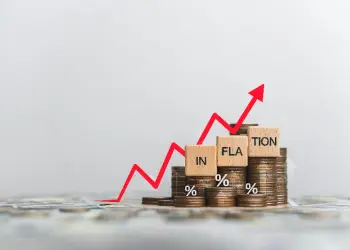
Inflation vs. Investment: What to Do with Your Money in 2025
As inflation continues to challenge global economies, understanding how to protect and grow your wealth becomes more crucial than ever. In this article, we’ll explore how inflation is affecting investments in 2025 and provide expert advice on what to do with your money to safeguard your financial future. Whether you're new to investing or an experienced investor, learn the best strategies for navigating this economic climate.

U.S. Dollar's Rise: Impact on Foreign Exchange and Investments
The strengthening of the U.S. dollar is shaking up global markets, affecting everything from foreign exchange rates to international investments. In this article, we analyze how the dollar's rise impacts global trade, investment strategies, and economic stability. Understanding these effects is crucial for businesses and investors navigating the increasingly globalized financial landscape
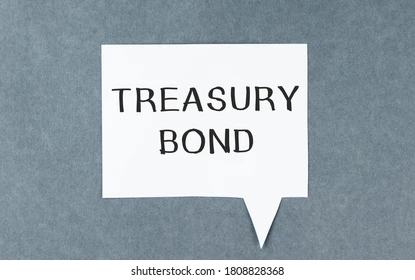
Treasury Bond Yields Hit Record Lows: What It Means for You
Treasury bond yields have reached record lows, marking a significant shift in the financial landscape. As yields decline, the return on investments such as bonds and savings accounts also decreases. This article discusses the potential impact of these record-low yields on various forms of investment and offers guidance on how to navigate these changes in the financial market
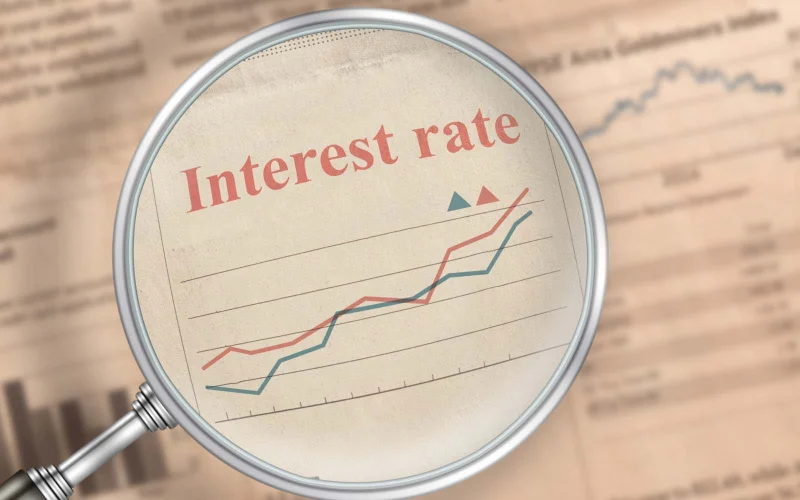
Interest Rate Hikes: How It’s Affecting Personal and Corporate Finances
Rising interest rates are reshaping both personal and corporate finances. From mortgages and credit card payments to business borrowing costs and profits, the effects are profound. As central banks increase rates to curb inflation, both consumers and companies are adjusting their financial strategies. This article explores the current and long-term impacts of interest rate hikes on the economy.
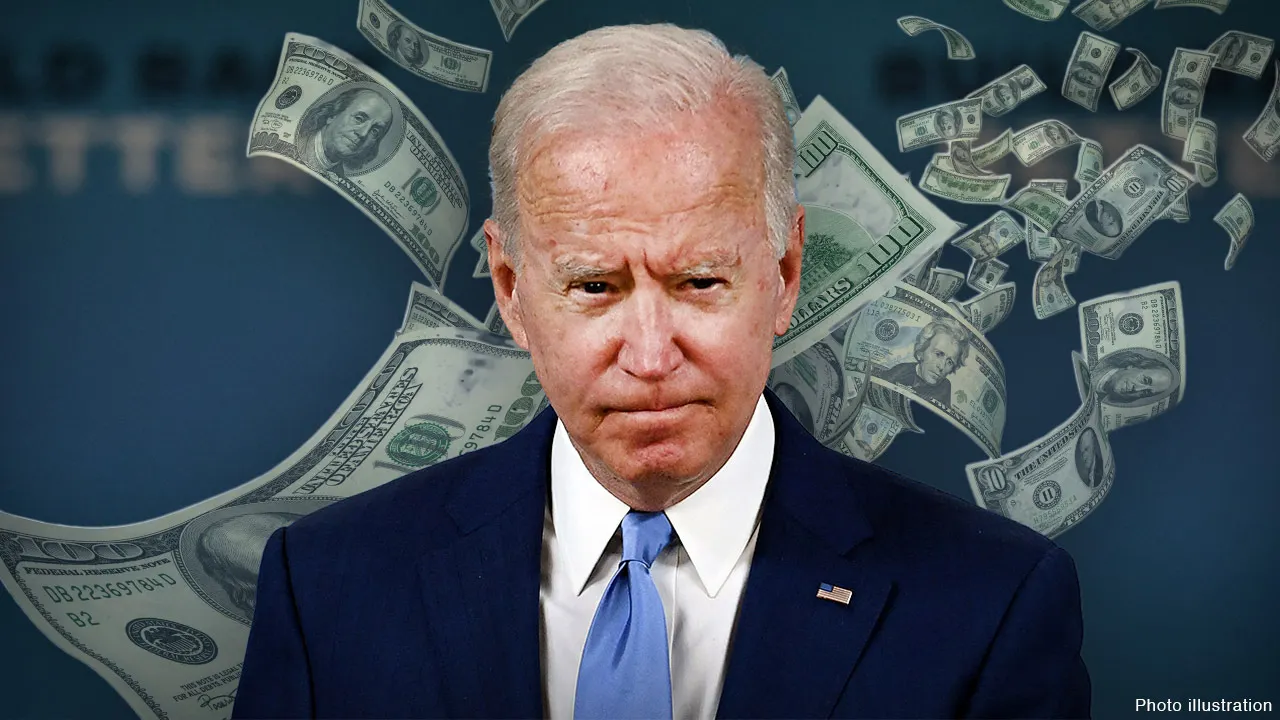
Biden’s Economic Plan: Effect on Dollar & Money Supply
The economic policies introduced by President Biden have far-reaching implications for the U.S. dollar and the broader money supply. With the country facing various challenges, including inflation and recovery from the pandemic, Biden's approach involves major fiscal changes that could significantly affect the financial landscape
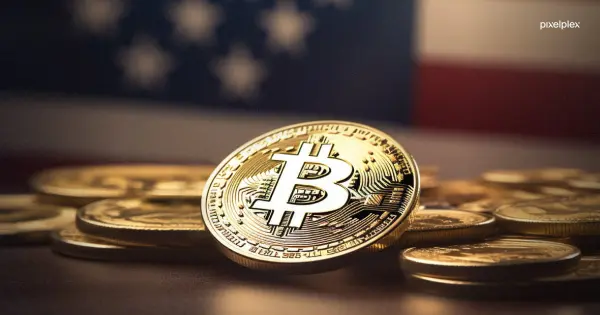
New Cryptocurrency Regulations Impacting Retail Investors in the U.S.
Recent changes to cryptocurrency regulations in the United States are having significant effects on retail investors. This article explores the new rules and what they mean for individuals looking to invest in digital currencies.
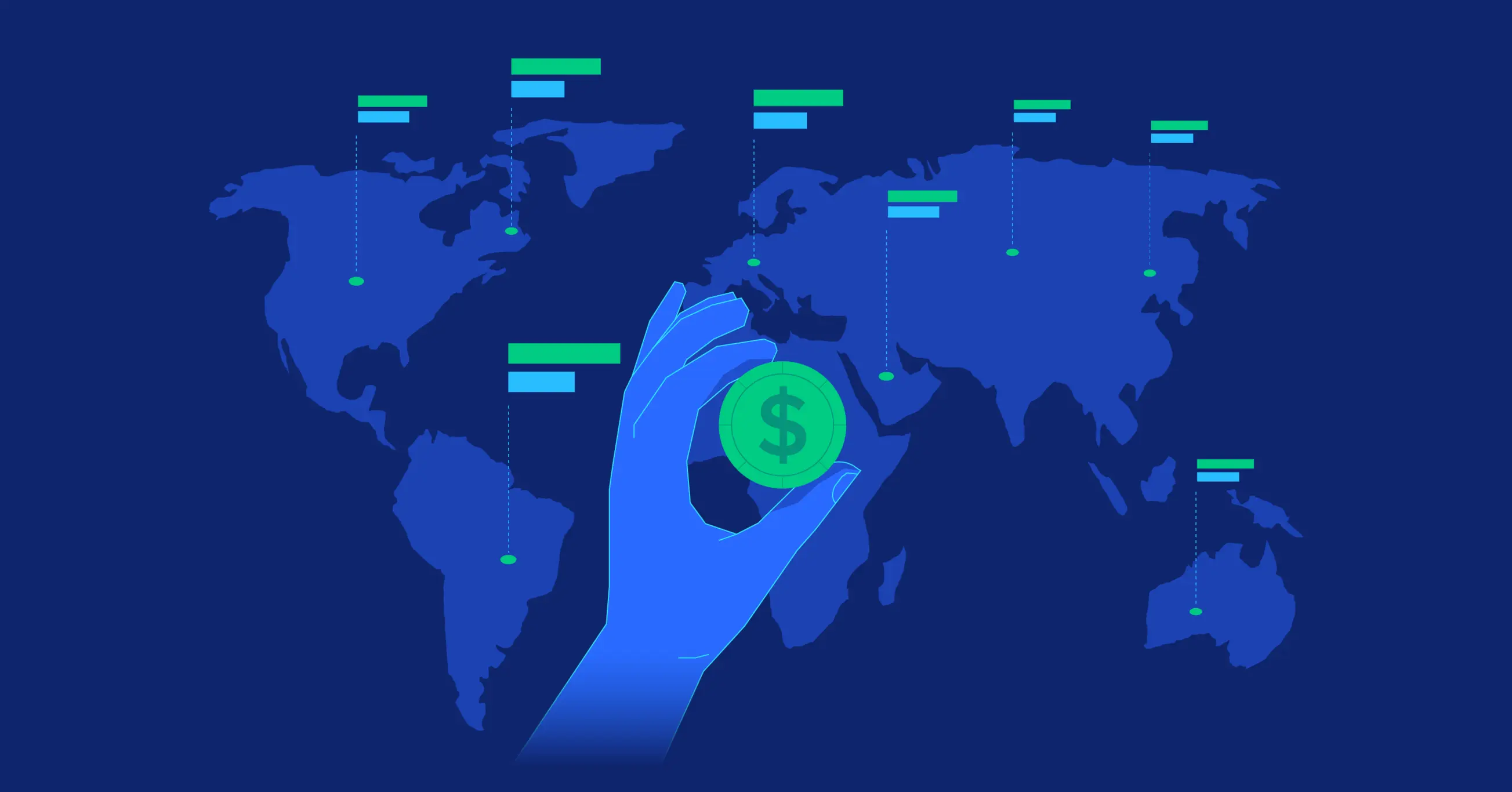
How U.S. Investment Policies Shape Financial Stability
U.S. investment policies play a crucial role in shaping financial stability by influencing capital markets, interest rates, and economic growth. Regulatory frameworks and government interventions determine risk levels, investor confidence, and long-term economic sustainability

How U.S. Economic Policies Are Reshaping Investment Trends
With shifting U.S. economic policies, investors are adjusting their strategies to respond to new market dynamics. This article explores the key policy changes and their influence on investment decisions